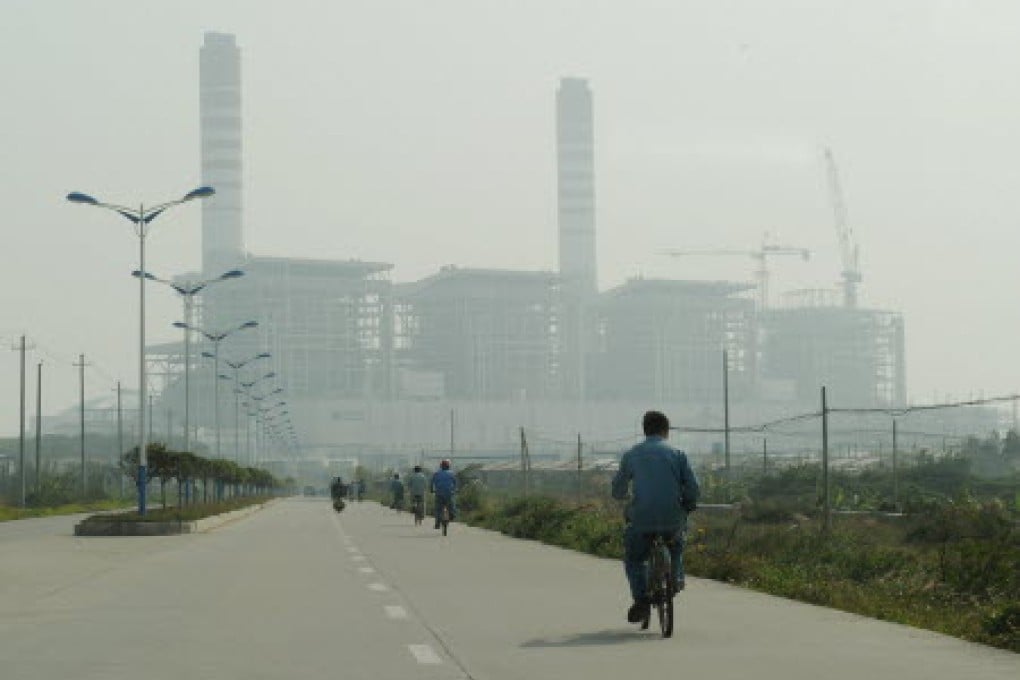Guangdong can inspire dream of a smog-free China
Zelda Liang says its coal plants must make way for renewable energy plan

Realising the dream of a modern and fully developed China does not have to be at the expense of people's health and well-being. There is no need to retreat to the lifestyle of cavemen for clean air.
With tackling air pollution topping the agenda at China's parliamentary session earlier this year, the country seems to be torn between choosing economic development or a healthy environment.
Economic gain and health are not the proverbial "fish" and "bear's paw" - a classic conundrum from Chinese culture in which only one can be chosen. The problem is that the economic losses from the adverse health effects of air pollution remain "priceless" and hidden.
Air pollution will make Guangdong even less of a draw; it already suffers from labour shortages
Greenpeace recently released a detailed study of the health impact of coal-fired power plants in Guangdong and Hong Kong, which estimated that around 3,600 people died prematurely and over 4,000 children suffered from asthma in 2011, caused by emissions of PM2.5 particles from the plants. We estimated a loss of economic output of 4.7 billion yuan (HK$5.9 billion) per year due to the lowered life expectancy and increased sick leave. On top of that comes the cost of medical treatment, which many citizens pay out of their own pockets.
Also of note is that air pollution from coal is a major risk factor in all four leading causes of death in the region: stroke, heart attack, lung cancer and chronic respiratory diseases.
The Chinese leadership has been seeking to curb coal consumption. To solve the pollution problem and also meet its ever growing demand for power, the country must push for the development of renewable energy to move away from coal.
A Greenpeace study released last year presented the full vision of how wind, solar photovoltaics, solar thermal, geothermal and biomass, combined with the efficient use of energy, can supply most of China's need for additional power generation.